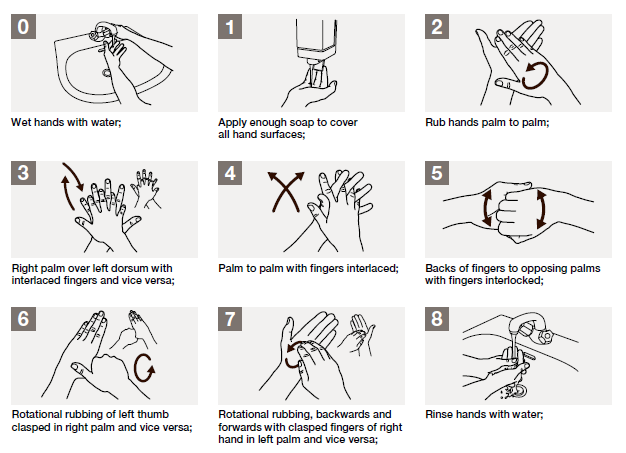Communication and information
A manager communicates just by being there. People aboard identify with the manager whether he speaks out or is silent, acts or does not act. If the manager follows up on something, the crew will see this as important, and if he /she does not, they will reach the opposite conclusion.
So it is important for managers to be aware of their role and to be aware of the consequences of communication.
Worth knowing about communication
The importance of body language
It is not just the spoken word that counts. Non-verbal language often means more than we might be aware of. However, it is important that you do not begin to be over-conscious of your body language. It is more that you should be aware that your body language also sends messages, such as when you do not mean or believe in what you are standing there saying; or if you are unsure of whether it is right. So the art is to be sure of what you think and what you are going to say and then to communicate that. This will then be reflected in your body language.
“We view, sense and interpret the world differently”
When communicating, it is important to be aware of the fact that "we view, sense and interpret the world differently". When difficult situations arise aboard the fact is that those involved take a different view of what the situation really is and who is at fault in what. The illustration here shows this.
None of the people in the circle around the pig see it in quite the same way. For example, the vet sees it as just an animal to be treated. The little girl on holiday sees a sweet little piggy. And she would be sad if she knew that the butcher sees roast pork before his eyes.
In the same way, we as people may have completely different perceptions of the same situation. This makes for misunderstandings and conflict if we are not prepared to understand the way other people see things.
An important part of leadership is being able to see our own and others' roles from the outside and try to see what is involved for individuals. As in the illustration of how different people view the pig.
As a manager, you should:
Avoid secrets and double messages. You may naturally have certain information which you would not share with everybody but be aware of not keeping more secrets than is absolutely necessary.
Focus on direct, face-to-face communication as often as possible. The interest you show in direct communication can help motivate your employees.
Communication aboard
Communication can be done formally by way of meetings and briefings or informally in ordinary conversation. As we say, direct informal communication can be highly motivating. And informal communication is the most widespread on many vessels. But informal personal communication is not always enough. You risk creating rumours and misunderstandings if everything is done in personal conversations where in the final count, only you know what has been said to whom.
Formal communication can be made via:
Meetings
E-mail
Notice boards
Or consider some other way aimed at generally informing employees and ensuring, in a purely formal sense, that everybody gets the same message. However, the challenge here is to meet the needs of many people at the same time.
You also need to follow up on things and ensure that the message has been understood. Even though you might feel that things have been said clearly, people can fail to understand the message in the way you had intended. The four communication challenges below illustrate this:
Said does not mean heard
Heard does not mean understood
Understood does not mean accepted
Accepted does not mean done






